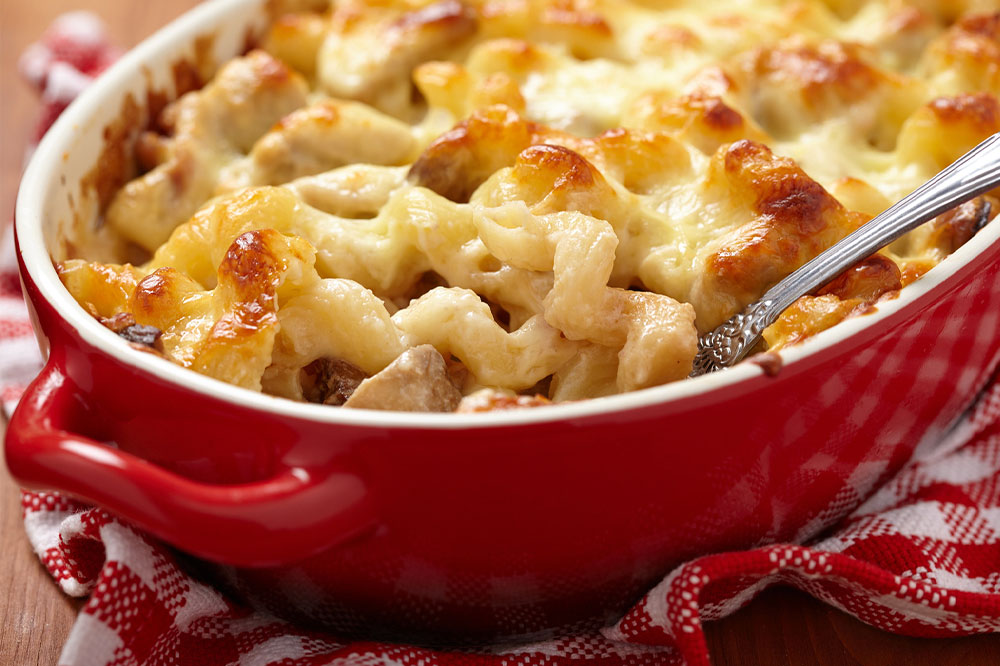Dental implants – Foods to eat and avoid

Dental implants are the best way to replace missing teeth, but there are certain things that one should avoid after getting the procedure. The gums are delicate after the surgery. Many patients return to the dentist because of a post-surgery injury caused by a particular food item. Apart from following proper oral hygiene, it is also essential to watch out for certain foods to protect the implants.
What are dental implants?
Dental implants are artificial tooth roots that replace missing teeth. They are made of titanium and surgically placed in the jawbone, replacing your natural tooth with an implant that looks, feels, and functions like a real one. The implants can replace single or multiple teeth in both the upper and lower jaws. The procedure involves placing an implant into your jawbone behind (or below) the remaining healthy natural teeth so they can support new ones when needed later.
List of foods eat after dental implants
- Macaroni and cheese
This food is both tasty and filled with carbohydrates and fats, which can curb your cravings. It can also satiate your hunger pangs. - Eggs
Eggs, soft-boiled or scrambled, or plain omelets are suitable for your teeth and serve as a daily dose of protein. - Pancakes
Pancakes, soft and topped with maple syrup or honey, are one of the best foods you can have soon after your dental implants. - Soups
Soups are a great way to get all the nutrients your body needs, including vitamins and minerals. Vegetable or chicken soup is an excellent choice because it has many different flavors that come together in one bowl. - Mashed potatoes
The mashed potatoes can give much-needed moisture throughout the day because they contain salt, which helps balance out what goes into our bodies. - Mashed Bananas
Bananas are rich in potassium and many mother minerals. Soft mashed bananas are easy to swallow and also taste good. Moreover, they provide enough energy to keep you going for a while. - Oatmeal
Oatmeal is a wholesome food that is a staple breakfast option. Soft, milk-soaked oatmeal can be relished after surgeries as they nourish the body and prevent straining the gums.
List of foods to avoid after dental implants
- Hard and sticky foods
After surgery, the gums are sensitive and susceptible to damage or infection. Make sure you avoid hard and sticky food items like caramel and peanut butter, candies, and cookies to prevent irritating the area that can cause pain or irritation. Try softening some food with water before eating it. This will make it easier for your mouth to digest without adding extra pressure to your new tooth structure. Taffy and chewing gums are chewy and sticky on the teeth, which can cause injury and strain to the gums. - Crunchy and dry food items
This includes nuts, seeds, dried fruits, vegetables like celery stalks, carrots, and cucumbers, and hard candy, such as licorice and chocolates. - Acidic foods
Avoid acidic foods such as tomatoes or citrus fruit, especially acidic fruits such as oranges, lemons, limes, and lemonade (the juice). Citrus juice contains citric acid, which may erode dental implants over time if ingested regularly! - Sodium-rich foods
Avoid salty foods like processed meats and fatty foods like bacon bits or fried chicken nuggets – they will leave an unpleasant taste in your mouth. Salty foods can cause swelling in your mouth, making it difficult for you to chew. It’s also essential to avoid sweetened drinks like soda or juice because they can cause tooth decay over time if they are not consumed in moderation. - Spicy foods
Spicy dishes, such as curry, and fried foods, should be avoided because they may cause swelling of the gums around your teeth. - Coffee
Coffee is a diuretic, which can cause your body to lose water. This can lead to swelling, pain, and discoloration of your gums due to dehydration. - Milk tea
This drink contains caffeine, which can irritate your mouth if you have dentures in place. It also contains lactic acid bacteria that could cause infection in the implant site if left untreated. Switch to alternatives if necessary. - Crunchy nuts
These are high in sugar content and should be avoided immediately after dental implants because they may get stuck between teeth, and the debris buildup from chewing them may lead to damage at the surface of implants causing the tooth condition to worsen over time. - Jerky meat
It is best not to eat jerky because it is loaded with high amounts of salt & preservatives, which can make you thirsty and dehydrate your body even more than usual. If you are craving meat, look at different cooking options, like chicken soup or mashed nuggets. - Steak
Steaks and other red meat varieties can be chewy and potentially damage or injure the new implants. Therefore, it is advisable to steer clear till the implants are healed. - Ice creams
This is not necessarily a food you should avoid after dental implants but more so something to consider before getting them placed. Ice creams are high in fat and sugar, which can cause plaque buildup on your teeth and lead to tooth decay. So make sure you brush your teeth after eating ice cream to prevent the aftermath conditions.
After dental implants, it is essential to follow a healthy meal plan. It may take a while before you can eat your favorite foods again, but with proper care and attention to your oral health, this should not be an issue. There are many reasons one should eat well after getting dental implants. It helps prevent disease, maintain good oral health, and help repair gum tissue if necessary.
If you still experience pain after the dental implant procedure, make an appointment with your dentist at the earliest. This may mean that you may need to have the implant replaced or adjusted. Ignorance can worsen the dental condition, leading to further complications,







